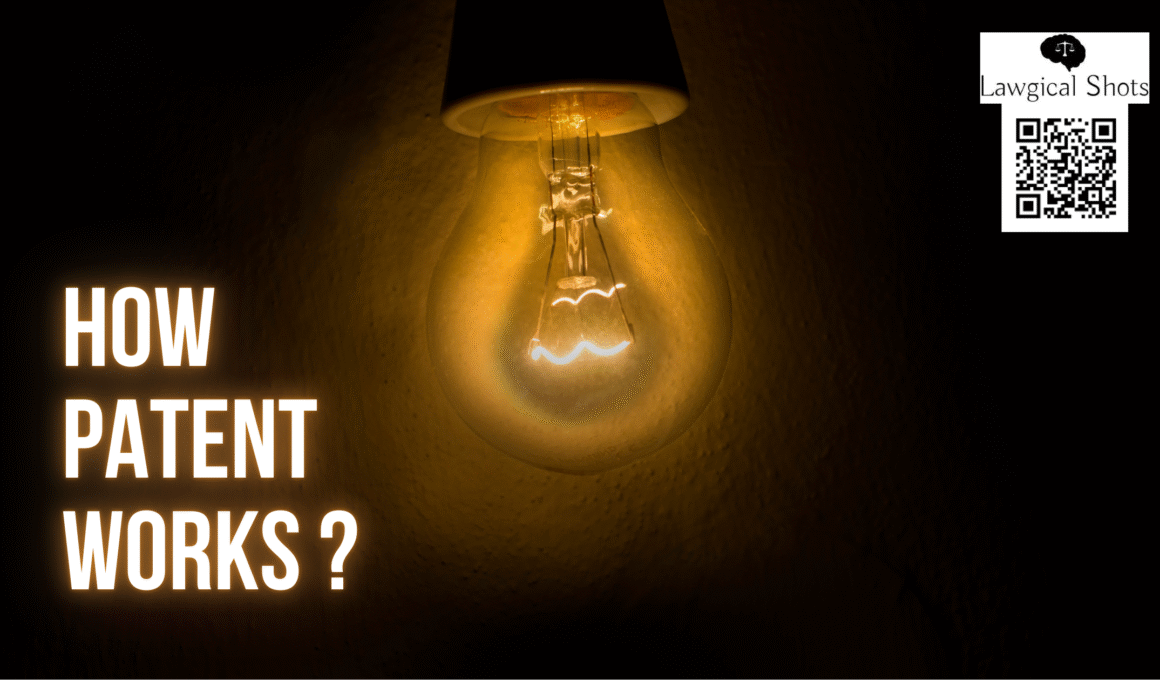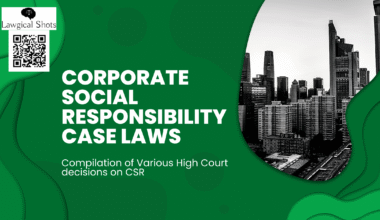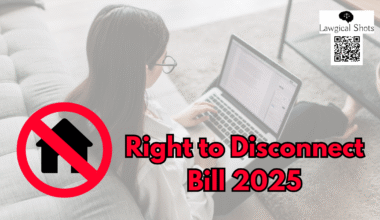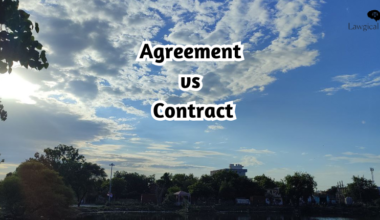India is a land of creative minds, and intellectual property rights protect their creativity. While on record, we are not among the top inventors in the world, we find ways for things to work out and casually call them “Jugaad”, while the world calls them inventions and takes patent protection. With research and development in focus, we hope India accrues more and more patents with advancement in science and technology. But for that, how a patent works to protect an inventor’s rights, is important to explore. Here is a simplified introduction of what a patent is, how a patent works, and the remedies for infringement of patent in India.
What are Patents?
Patent in general can be understood as a legal and exclusive right to the inventor with regard to his/her invention. Section 2(m) of the Patents Act, 1970 states that a patent “means a patent for any invention granted under this Act”. Patents cover and protect Utilitarian inventions.
It can be understood as a limited monopoly granted by the authorities to the one who invents something, excluding anyone else from exploiting such invention by using, making, selling or importing patented inventions.
The Patents Act, 1970 specifies what can and what not be patented. If the invention is among the ones that are patentable as per the 1970 Act, the authorities shall grant patent protection.
How a Patent works?
Patents are negative rights which does not give people the right to do something, but excludes others from doing a specific act. How a patent works can be understood with an example.
Ishita during her research invented a drug which could help regain eyesight for blind people who are already blind or very much prone to losing their eyesight in the course of time. Ishita applied to the Intellectual Property (IP) India Office to get patent protection on her newly invented drug. After thorough examination and procedural requirements, patent protection is issued in favour of Ishita. From now on, Ishita has the exclusive right to or not to bring the said drug in the market, whether through a specific pharmaceutical company, at a specific price, etc. Anyone else making the same drug, playing smart with the same formula, trying to sell the said drug in another name, importing the same from another country, etc. can be restricted in India. In other words, Ishita has the exclusive right over the use and exploitation of the said patented drug in India.
However, if Ishita wants the same protection in China, America or any other country, she will have to apply for issuance of patents in that country. There is this Patent Cooperation Treaty (PCT) administered by the World Intellectual Property Organisation (WIPO) which lays a unified process to seek patent protection in multiple countries.
Patent Period in India
It may be noted that the fruits of patents cannot be enjoyed forever. The enjoyment comes for a specific period. As per the Patents Act, 1970, a patent is granted for a period of 20 years from the date of filing. The patent term for International applications filed under the Patent Cooperation Treaty designating India is 20 years.
Infringement of Patent and Remedies
How a patent works if someone infringes the rights of a patentee? That’s a quite obvious questions since we are discussing the protections granted through Patents Act, 1970. The remedies for infringement of patent particularly restrains a person from using, making, selling, importing etc. of patented inventions. Given below are some of the pointers important for understanding patent infringement in India:
- A person can complain against infringement of patent and seek remedial action only after patent is granted;
- There can be no legal proceedings for infringement until the patent has been granted;
- In case of revocation of patent, the period during which the patent is revoked and granted again, is also excluded from the protection;
- In case of a clash of two patents where an invention cannot be performed without substantial risk of infringement of a claim of any other patent, the Controller may direct insertion of reference to that other patent;
- There is no infringement of patent when infringement is resulted due to a foreign vessel in transit, temporarily or accidentally said to infringe the rights of patent holder in India;
- Infringement of patent rights also takes place when a patented invention is imported in the country where protection is granted.
Conclusion
What can be inferred through the aforementioned discussion, once granted protection, a patentee can sue anyone who infringes his/her exclusive rights. There are authorities who examine the claims and protect against patent infringement. However, while understanding how a patent works exclusively for patentee is important, one should not forget that a patent is granted for a period of 20 years. Hence, the exclusive rights are available for a specific term.








